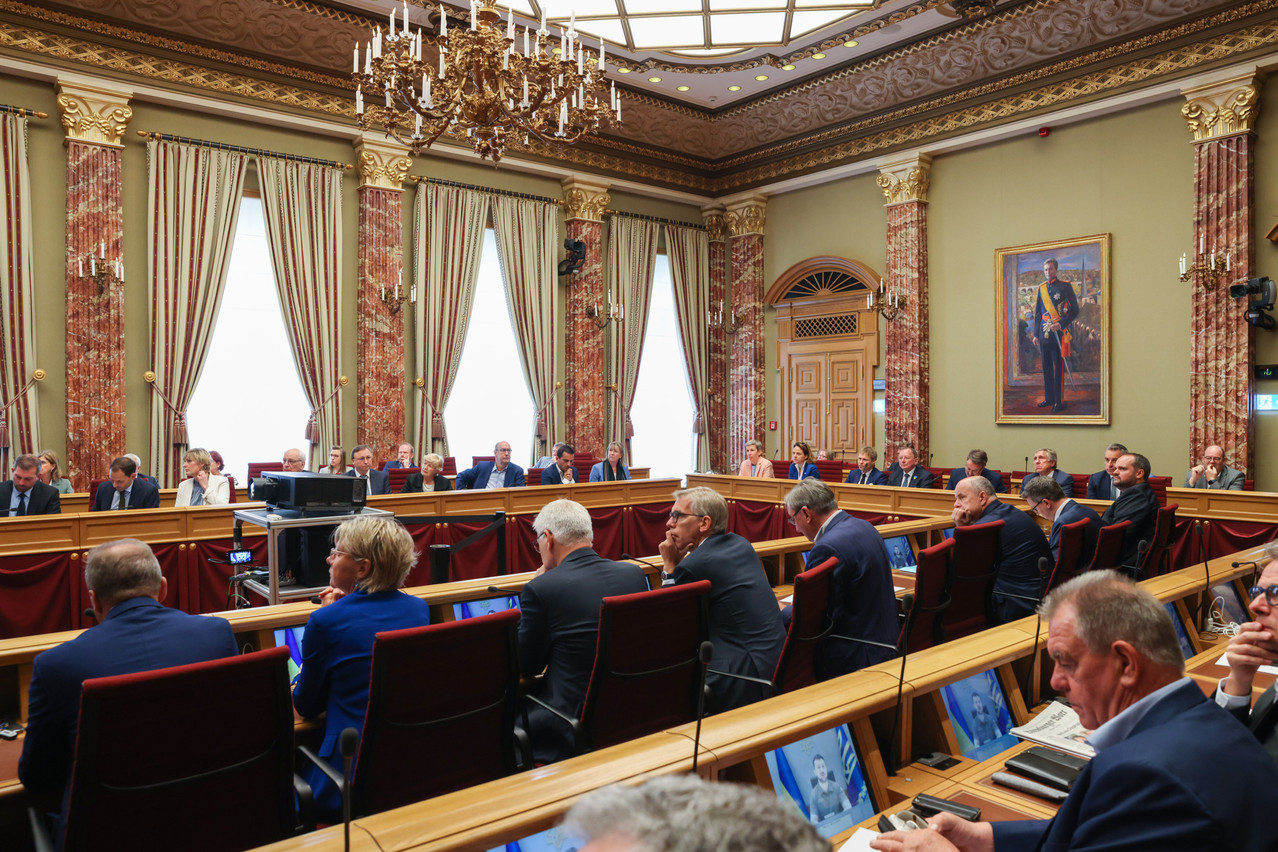Since its creation in 2004, the Fonds de compensation (FDC) manages the financial surpluses generated by the Luxembourg pension system. Its mission is to make this reserve bear fruit in order to guarantee its sustainability. It has so far succeeded marvellously, having accumulated--since it became fully operational in 2007--returns of around €9bn on its investments, while currently managing a portfolio valued at around €26bn. This would be enough to cover more than four years of pension payments.
A sensitive issue
However, these reserves are likely to decrease in the coming years. In one of its latest reports, the General Inspectorate of Social Security (IGSS) estimated that, in 2027, the Luxembourg pension system would spend more in a year than the contributions it has collected. In the same document, it was stated that the reserve could be used up between 2045 and 2048.
This motion is still a real step forward compared to the strategy initially proposed. However, it remains to be seen whether it will really materialise
It is in this context that the pension fund’s new investment strategy--covering the 2023-2027 period--was discussed and established.
But this strategy is a highly sensitive issue, as the investment policy is regularly criticised--in particular by environmental organisations--because it appears to be partially blind to current global climate objectives. The Responsible Investor 2020 report, the first evaluation of the pension fund in this area, showed that the fund exceeded its carbon budget (a quota set to keep the increase in global warming below 2°C) by 13%.
A motion from the majority parties
On Monday 6 February, Greenpeace and the human rights group ASTM delivered a mixed opinion on this new investment strategy, seeing improvements, but also major shortcomings. They also pointed out the lack of a direct link with the Paris climate agreement. It is not known whether Luxembourg’s deputies have taken a look at it, but a majority of them said on Thursday, during a debate on the strategy, that the fund did not go far enough in its investment directive.
The DP-LSAP-Déi Gréng coalition, visibly led by their green members, sent a message by tabling a motion--signed by MPs 


- Ensure that the pension fund continues to intensify its investment strategy in line with the objectives of the Paris Agreement and ESG criteria.
- Encourage the pension fund to favour investments that support the energy/ecological transition, which are in line with the government’s position on the new European taxonomy.
- Adopt a strategy of divesting from nuclear energy companies and companies that cannot demonstrate a decarbonisation path in line with the Paris Agreement targets.
- Encourage the pension fund to support the creation of low-cost housing.
A step forward
The motion also by gathered support from members of Déi Lénk and Pirate party. In the biggest opposition party in parliament, the CSV, some MPs voted against the motion, some abstained. The CSV officially supported the strategy proposed by the fund, “without agreeing 100% on everything, especially on the nuclear issue,” as explained by MP 
Like Dei Lénk, 
Despite his wish to see more done, Clement conceded that “this motion is still a real step forward compared to the strategy initially proposed. However, it remains to be seen whether it will really materialise, since, by nature, it is not binding. After all, this coalition has been in power for ten years. And it is only waking up now.”
The reaction of the FDC board of directors, which is responsible for establishing the guidelines for the management of the fund, will be closely watched. These guidelines are subject to the approval of the minister of social security, 
This story was first published in French on Paperjam. It has been translated and edited for Delano.




